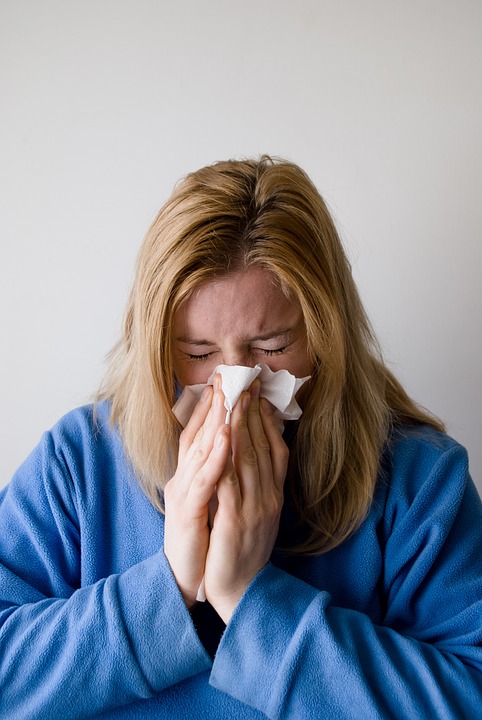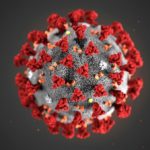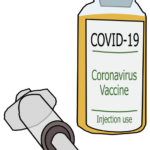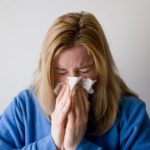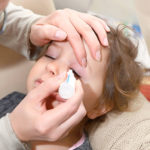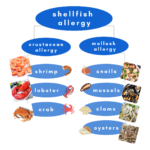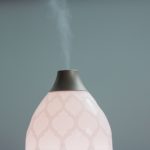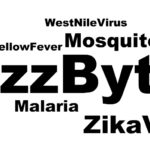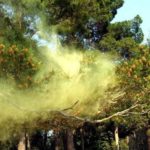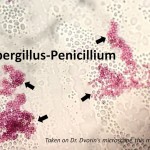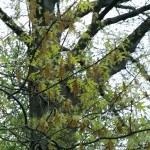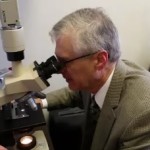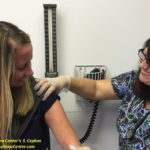allergies, allergy, allergy alert, allergy symptoms, coronavirus, Dr. Marc Goldstein, medicine, ragweed, The Asthma Center, weed pollen
Ragweed Allergies vs Covid-19 vs Cold
What is Ragweed Allergy Season?
Though you may not realize it yet, ragweed allergy season is upon us again. Every year in mid-August the inevitable sneezing and itching takes over and makes life a whole lot more difficult for the rest of the summer and early fall. For those allergic to late summer and fall pollens, especially ragweed, this year is no exception despite how out-of-the-ordinary the rest of life has been.
Ragweed is just what it sounds like – a weed! It will grow anywhere from cracks in cement to open fields and in all kinds of weather conditions. “They are really hearty,” explains Dr. Marc Goldstein, board certified allergist at The Asthma Center. And due to increasing carbon dioxide levels and rising temperatures, we are experiencing an earlier onset of the ragweed season than usual. According to Dr. Goldstein, “the season is starting earlier, and possibly will end a little later.” Additionally, this is due in part to hot days and long hours of sunlight, which promotes ragweed growth after plants have germinated in the spring. In general, an individual ragweed plant can produce over 50 million pollen grains and ragweed pollen can remain airborne for over a 200-mile radius, which puts a whole lot of people in the line of pollen fire!
Ragweed Allergy vs COVID-19 vs Colds
The big question that crosses the mind of every allergy sufferer now during the COVID 19 pandemic is, “How do I know if I am experiencing allergy symptoms, COVID-19, or even just a cold?” In general, ragweed allergy is characterized by nasal congestion, runny nose, sneezing, and itchy eyes. COVID-19, on the other hand, brings on fatigue, fever, body aches, cough, and shortness of breath.
One of the more common symptoms that can lead to confusion between ragweed allergy, COVID-19, and the common cold is an acute loss of sense of smell which can occur in all three of these conditions. So, how can one know what is causing the smell loss? Smell loss is almost always associated with nasal congestion in those who are allergic to ragweed and often with those who have colds. However, nasal congestion is not typically associated with smell loss in those who have COVID-19. It can get confusing, but the below chart may help differentiate symptoms of allergies, COVID-19, the flu, and a common cold. Most of the time people regain their sense of smell despite the cause. However, for those whose loss of smell remains impaired, The Asthma Center has developed treatment options which have helped many people regain some or all of their sense of smell. In an interview with CBS reporter Stephanie Stahl about one such treatment, an Asthma Center patient explains, “It’s been a total life changer. I call it liquid gold.” Read the full interview here.
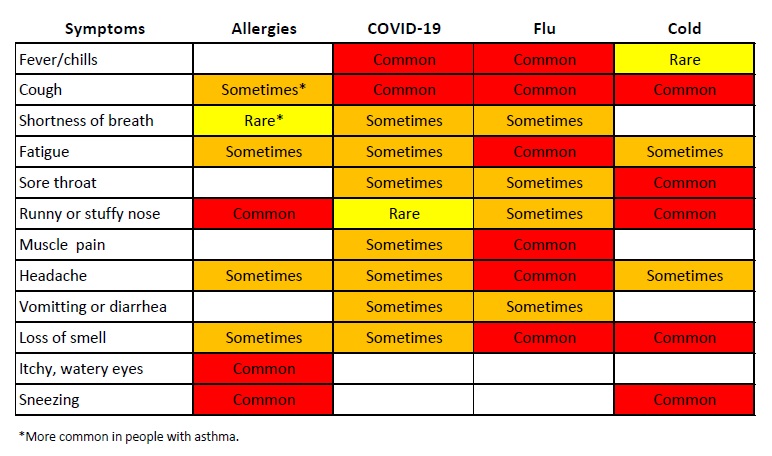
To learn more about COVID-19, especially for those with asthma, please read our blog COVID-19 vs Asthma.
How Long Does Ragweed Allergy Season Last?
While ragweed season may feel like an eternity for those living through these allergic symptoms, it should start to wind down by mid-fall. That may sound like a long way off, but the leaves will start changing and we will all start breathing a little easier. And if not, give us a visit at The Asthma Center and we’ll work our magic! There are many effective and safe treatments to help allergy sufferers comfortably get through the season.
To learn more about Ragweed allergies, please visit Dr. Goldstein’s article about Ragweed on the Curist website here.
Recent
Popular

